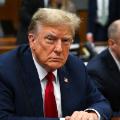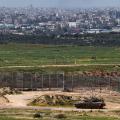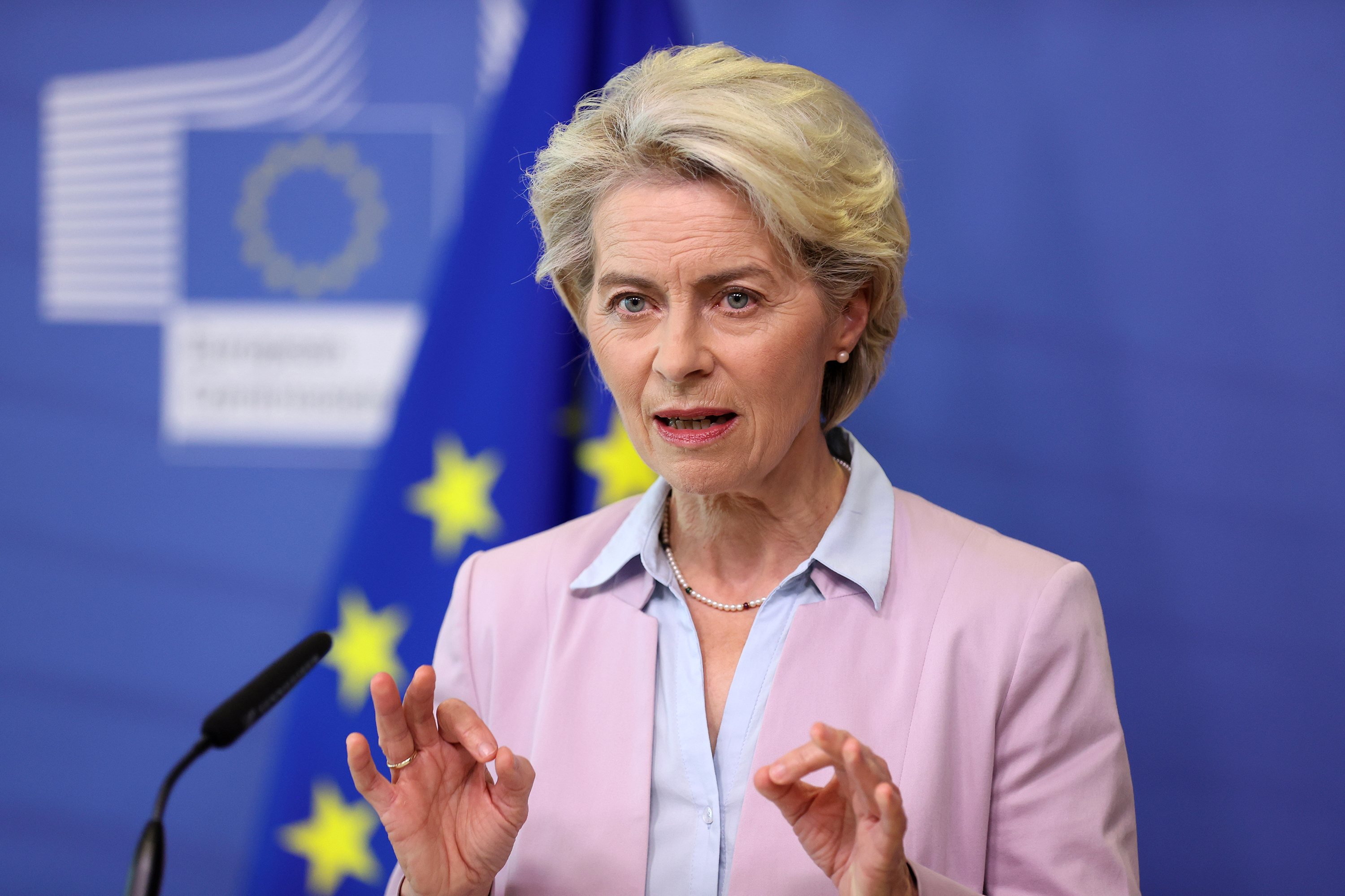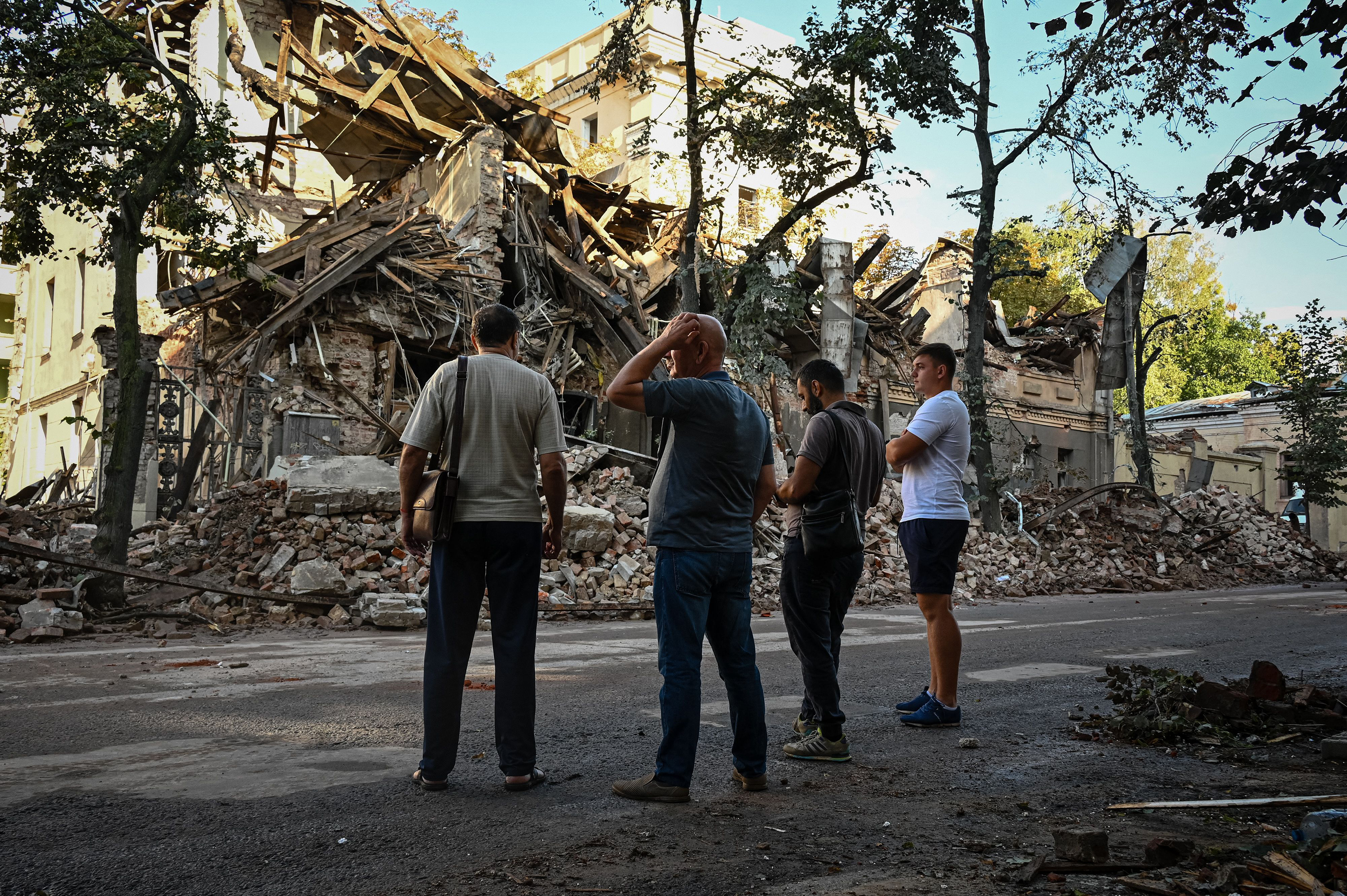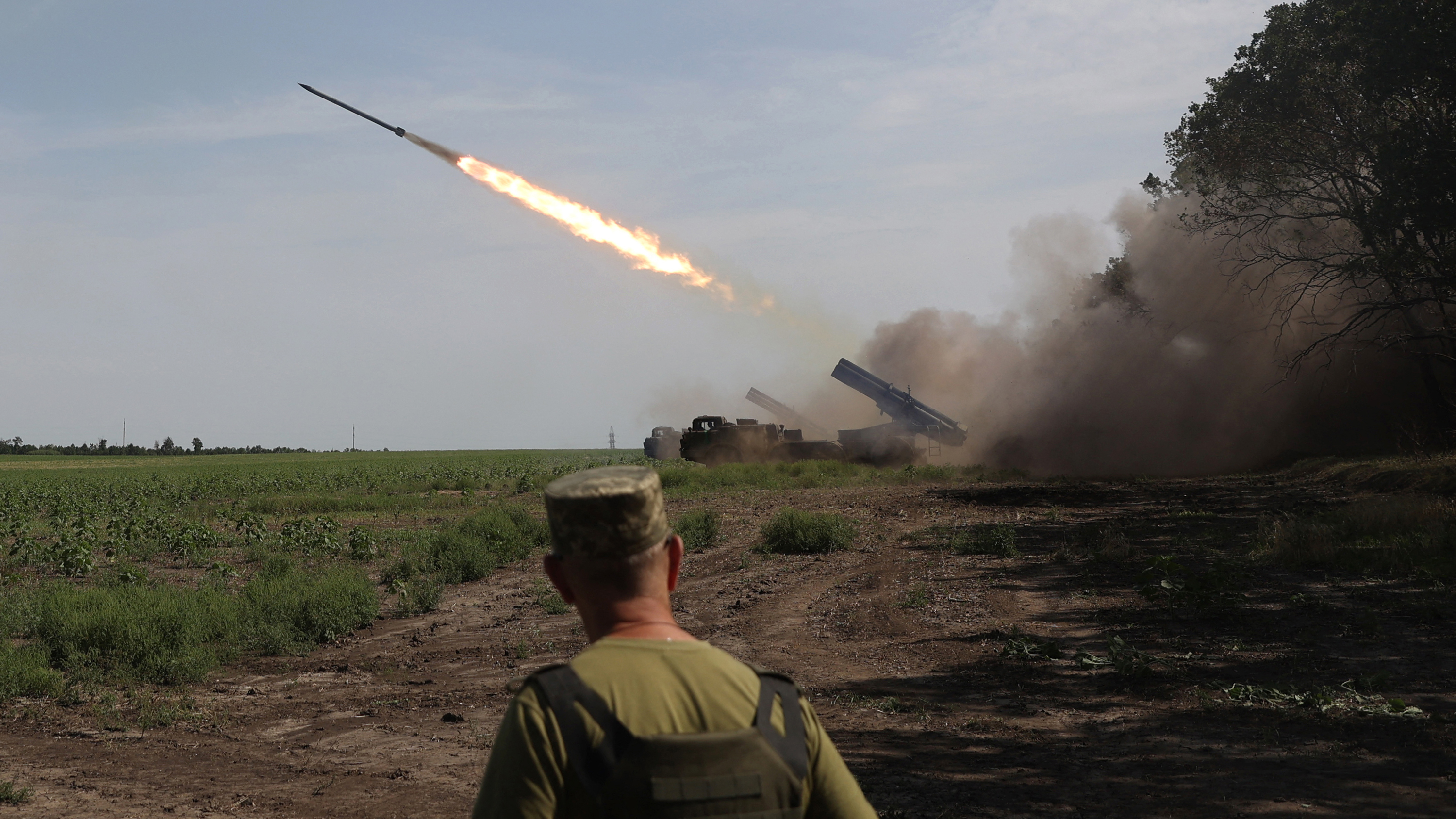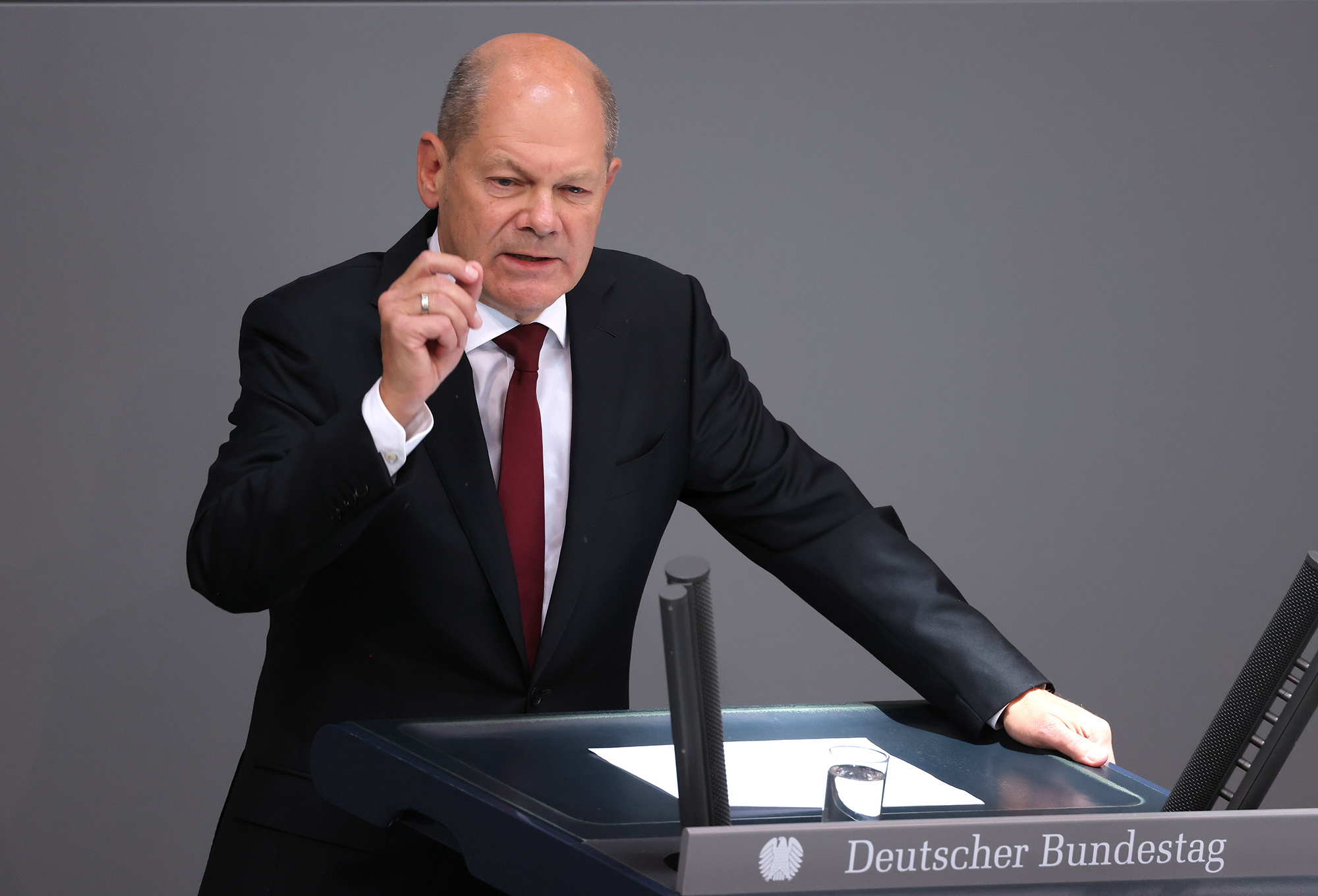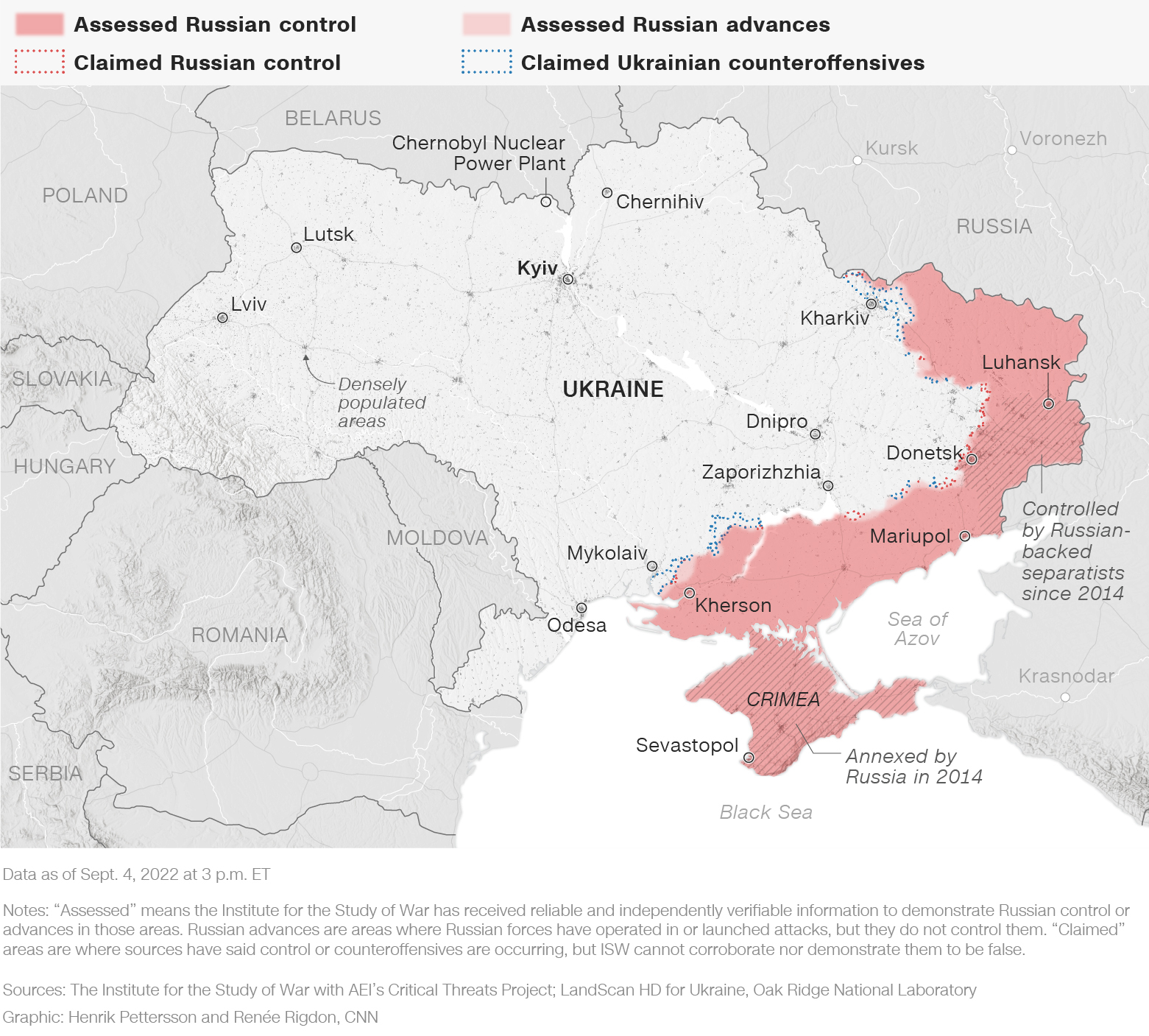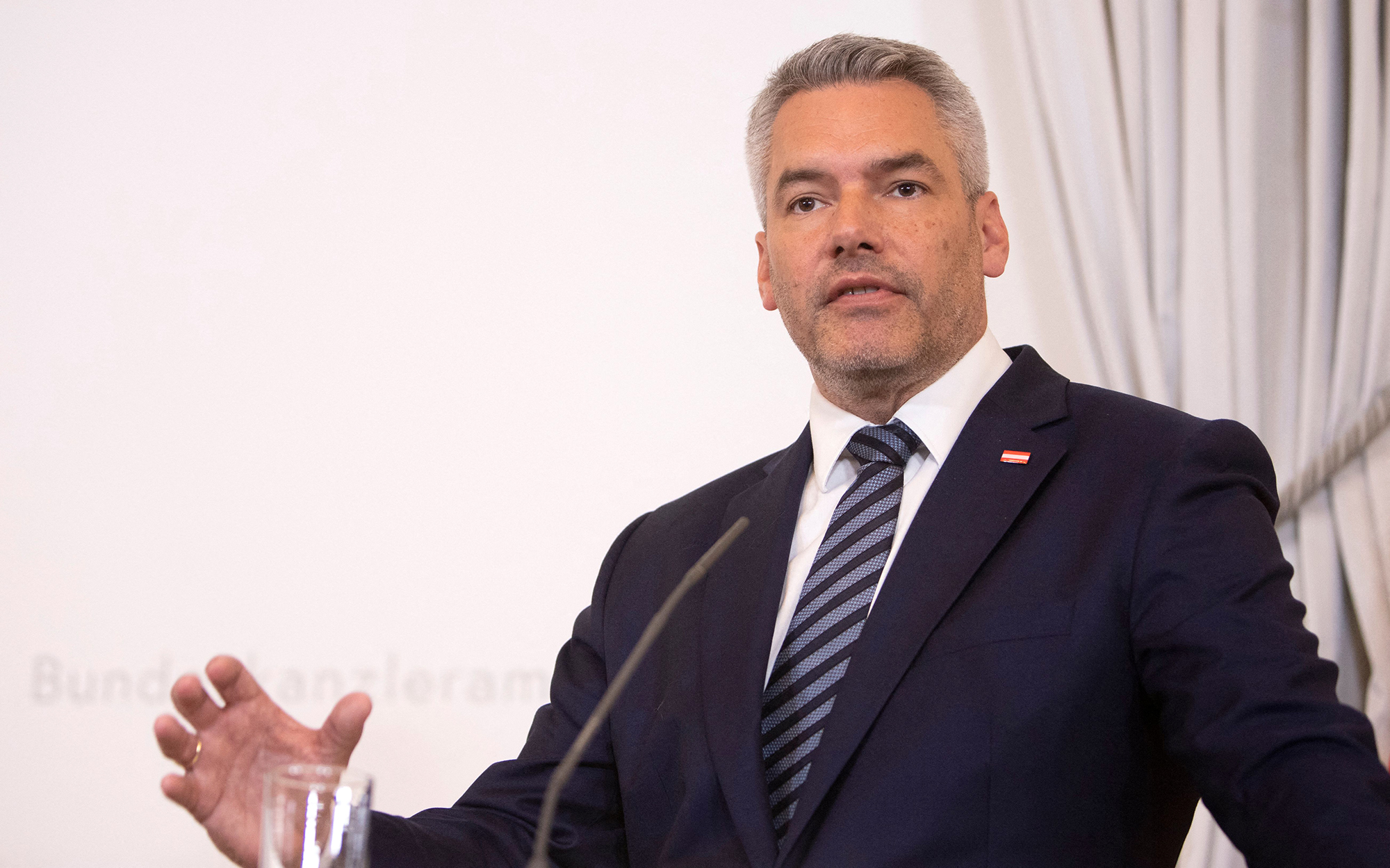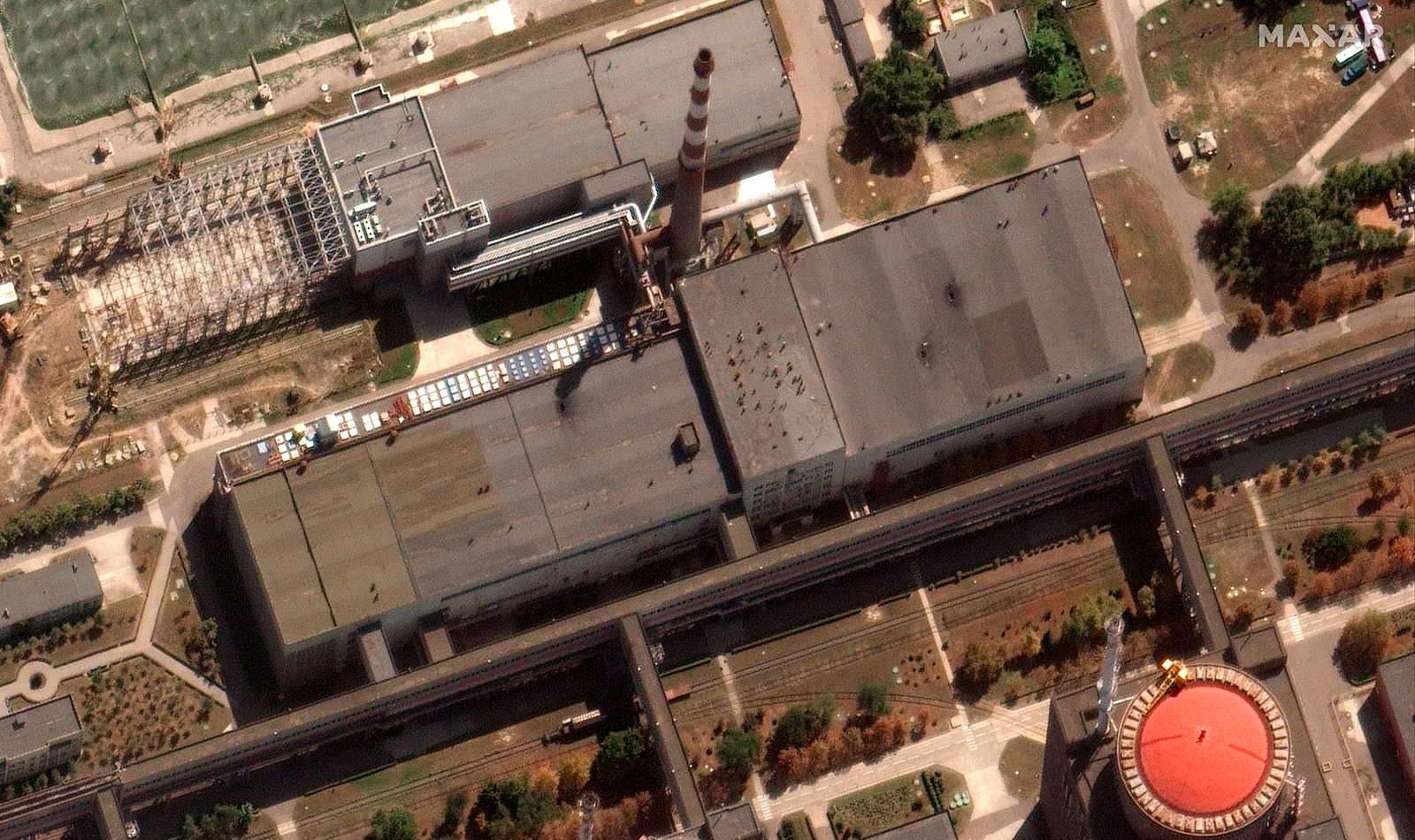
Shelling on Tuesday damaged a backup power line that would supply Ukraine’s Zaporizhzhia nuclear power plant in case of emergency, according to the International Atomic Energy Agency (IAEA).
“Of the three back-up lines between the ZNPP and the thermal power station, one is now damaged by shelling, while the two others are disconnected, senior Ukrainian operating staff informed IAEA experts present at the plant since last week,” the IAEA said in a statement.
The Zaporizhzhia nuclear power plant has been held by Russian forces since early March, but is still operated by Ukrainian staff. The IAEA Director General visited the power plant last week, and two IAEA experts stayed to maintain a permanent presence at the plant.
The IAEA said that the shelling damage did not “have an immediate impact” on the plant, because the electricity line was not connected to the grid at the time.
“For the last few days, the ZNPP has relied on its sole operating reactor for the power it needs for cooling and other safety functions,” the IAEA said on Wednesday. “While the plant also has emergency diesel generators available if needed, Director General Grossi has repeatedly expressed concern about the power supply situation.”
“A secure off-site power supply from the grid and back-up power supply systems are essential for ensuring nuclear safety and preventing a nuclear accident. This requirement is among the seven indispensable nuclear safety and security pillars that the Director General outlined at the beginning of the conflict," the agency continued.
